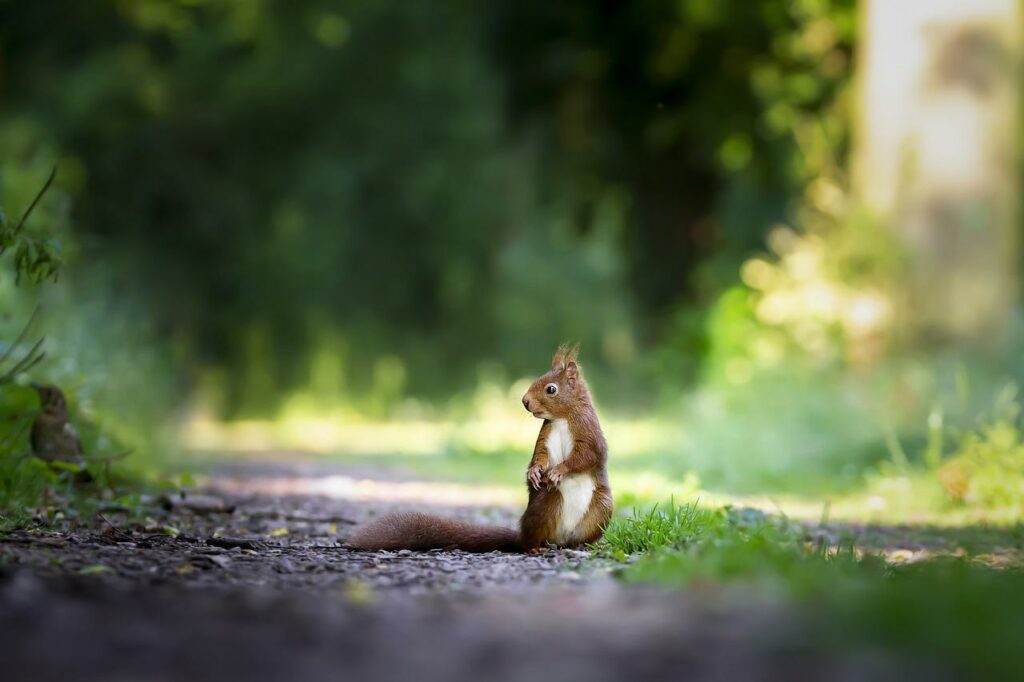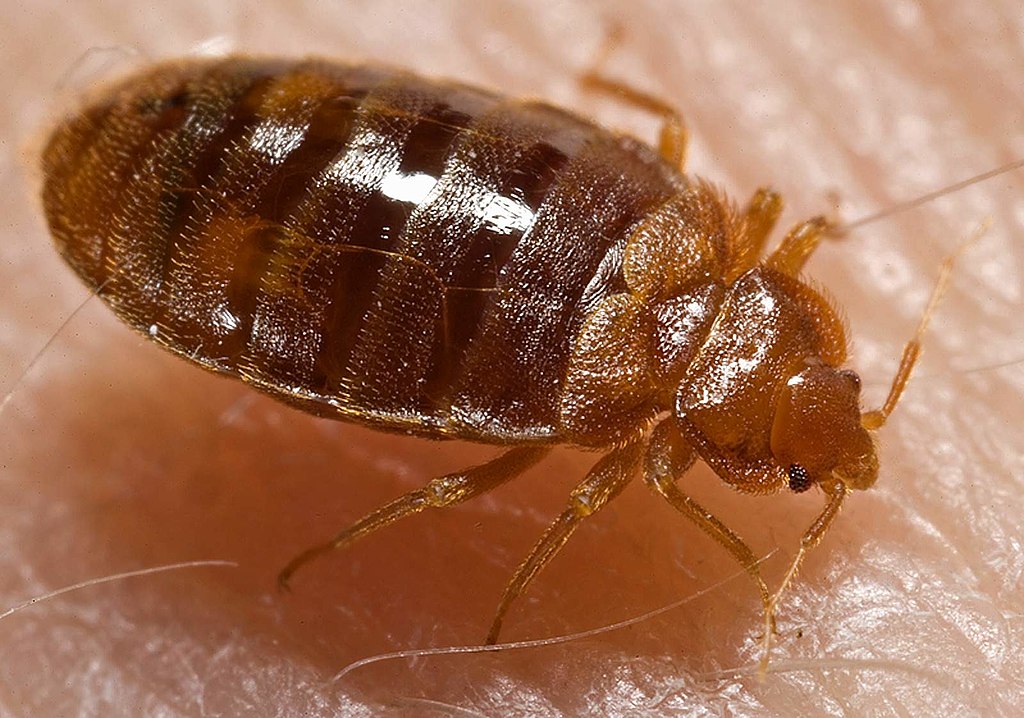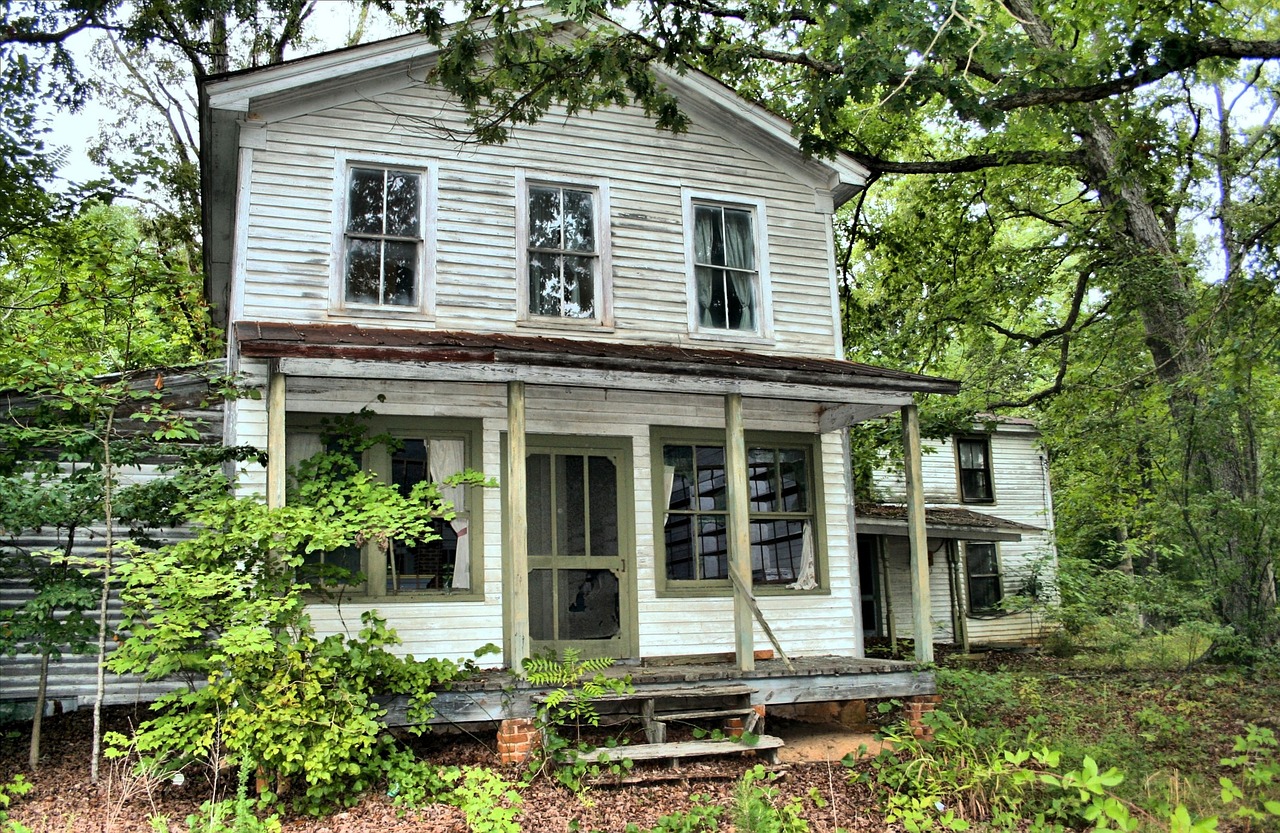Bed bugs are very difficult pests to deal with — if you have an active infestation in your house. Bed bugs are not only disgusting, their bites can also be dangerous. What if you have an empty house? Can it still get bed bugs? And if it does, can these vile creatures thrive there? Yes, in theory, bed bugs can live in an empty house, but there is so much more to it…
Bed bugs can live in an empty house
- Bed bugs need humans to fully thrive. Bed bugs need blood meals to survive. In houses, the primary targets are of course humans. But they can also feed on other animals, such as cats and dogs, and household pests, such as rats and mice. But unlike typical living creatures, they don’t need to feed three times a day. They typically only feed every 3-7 days. This is actually one of the reasons why they are hard to get rid of. They are not always near you. They can stay away from you and hide in a carpet for a few days and only get near you when they need a meal.
- They can live for multiple months without food. Bed bugs do need consistent blood meals to thrive. But this doesn’t mean that they immediately die when they fail to suck on your blood after about a week. These bloodsuckers can survive for up to four months without a blood meal. And this time frame can only increase if they have the perfect environmental conditions to hibernate and barely survive. If the empty house is not too hot or humid, they may survive even longer.
- They are resilient pests. Bed bugs know how to hibernate and conserve energy when they don’t get consistent blood meals. This extends their survival rate even in harsh conditions. They can also rely on stray cats and squirrels for sustenance. If the empty house is not barricaded and strays can just quickly come and go, bed bugs may be able to thrive because of the consistent blood meals they can get from these animals.

What to do to an empty house with bed bugs
- Let the bed bugs die off on their own. There are times when you don’t even have to do anything to get rid of bed bugs in an empty house. You just have to let time takes its toll. After all, bed bugs are living creatures. Like any other living creature, they will go hungry and die when there is no food around. As long as the empty house is isolated and secure, the bed bugs will die naturally from the lack of resources. But it may take multiple months, especially if the empty house is not hot or humid. Some people don’t have the luxury to wait, like those who are about to move in or rent out their house to a tenant. If this is the case, you may want a quicker approach — call pest control professionals.
- Isolate the house to avoid giving bed bugs food. Letting the bed bugs die off naturally has another downside — it may not even work. Remember that bed bugs can feed on stray animals. If you don’t want stray animals to sustain the bed bugs in your empty house, keep them away. Make the house a fortress by building a fence. Cut off tree branches that may lead to doors, windows, and roof openings. Visit the house regularly to clean up natural debris like dust, fallen leaves, and ripe fruits and vegetables that may make hungry strays come close. You can also grow a garden with plants that naturally repel strays. Alliums, particularly onion and garlic, are great squirrel repellents for instance. The problem with this approach is maintenance. You don’t live in the empty house after all.
- Call pest control professionals. Bed bugs take a long time to kill, depending on the severity of the infestation, the reach of the pesticide, and the resistance of the critters to the pesticides that have been used. If even pest control professionals take about 3-6 weeks to get rid of infestations, you have no chance as an amateur.

How to avoid bed bugs in an empty house
- Know the signs of bed bug infestations. Here are the signs you should look out for — live bed bugs, bed bug carcasses, bed bug eggs, brown and red stains, musky odors, and an unclean feeling in the empty house. It’s important to know that you are really dealing with bed bugs. If you don’t even know you have pests, you won’t take the extra steps to get rid of them and they may thrive on the property in the right conditions.
- Talk to the landlord. But what if the empty house is not even yours? Well, you should talk to the owner of the property. You don’t want to move into a house with an active pest infestation. Bed bugs are not the only pests you should look into. Termites, for example, are some of the most problematic pests in rental properties. Don’t ignore fleas too. Old tenants may have left some fleas behind. These pests can hibernate and reactivate themselves when new tenants move in.
- Inspect your furniture and personal items before bringing them in. You may even be the one to introduce bed bugs to the empty house. Before you pack and move in, make sure to inspect your furniture and personal items first. Give particular attention to secondhand furniture, such as beds, bedside tables, cabinets, coffee tables, and other furniture pieces with cracks and corners where tiny insects can hide. Wash your clothes too, especially those that have been sitting in your closet for a long time. Undisturbed piles of clothes can house different pests, such as bed bugs and spiders.
These critters are resilient pests
Yes, bed bugs can live in an empty house. They need consistent blood meals to thrive, but they can survive without such meals for multiple months. However, remember that humans are not the only sources of blood meals. Empty houses can have stray animals in them, providing blood meals and letting bed bugs thrive longer than they should.

